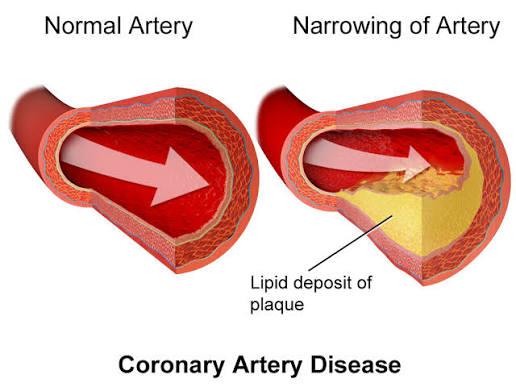
The anterior pituitary hormones are critical regulators of various physiological processes, including growth, metabolism, reproduction, and stress responses. These hormones are either mimicked or antagonized by synthetic analogs for therapeutic purposes. Below is a detailed review of their pharmacological actions, synthetic analogs, routes of administration, clinical uses, and adverse reactions.
Pharmacological Actions of Anterior Pituitary Hormones
- Growth Hormone (GH):
- Stimulates linear skeletal growth in children and promotes protein synthesis.
- Regulates lipid metabolism and maintains lean body mass in adults.
- Enhances insulin-like growth factor 1 (IGF-1) production in the liver to mediate its effects.
- Adrenocorticotropic Hormone (ACTH):
- Stimulates the adrenal cortex to produce glucocorticoids (e.g., cortisol), mineralocorticoids (e.g., aldosterone), and adrenal androgens.
- Plays a role in stress response and immune modulation.
- Thyroid-Stimulating Hormone (TSH):
- Stimulates the thyroid gland to produce thyroxine (T4) and triiodothyronine (T3), which regulate basal metabolic rate and energy utilization.
- Gonadotropins: Luteinizing Hormone (LH) & Follicle-Stimulating Hormone (FSH):
- LH stimulates ovulation in females and testosterone production in males.
- FSH regulates follicular development in females and spermatogenesis in males.
- Prolactin:
- Promotes milk production during lactation.
- Its secretion is primarily inhibited by dopamine under normal conditions.
Synthetic Analogs and Routes of Administration
1. Growth Hormone Analogs:
- Examples: Somatropin (Nutropin, Saizen), Somatropin rDNA origin (Zorbtive).
- Route: Administered subcutaneously or intramuscularly for systemic absorption.
2. ACTH Analog:
- Example: Cosyntropin (Cortrosyn).
- Route: Administered intramuscularly or intravenously for diagnostic testing of adrenal function.
3. TSH Analog:
- Example: Thyrotropin alfa (Thyrogen).
- Route: Administered intramuscularly for thyroid cancer diagnostics or treatment preparation.
4. Gonadotropins:
- Examples: Menotropins (Pergonal), Chorionic Gonadotropin (Chorex).
- Route: Subcutaneous or intramuscular injection depending on the specific preparation.
5. Prolactin Modulators:
- Dopamine agonists like Bromocriptine inhibit prolactin secretion.
- Route: Oral administration for hyperprolactinemia treatment.
Clinical Uses
- Growth Hormone Deficiency:
- Used in children with short stature due to GH deficiency, Turner syndrome, Prader-Willi syndrome, or idiopathic short stature.
- In adults with somatotropin deficiency syndrome caused by pituitary tumors or trauma.
- ACTH Deficiency:
- Diagnostic use of cosyntropin to evaluate adrenal insufficiency.
- Hypothyroidism Diagnosis:
- Thyrotropin alfa is used to stimulate TSH receptors during thyroid cancer follow-up care.
- Infertility Treatment:
- Menotropins are used for ovarian stimulation in women undergoing assisted reproductive techniques like IVF.
- Hyperprolactinemia:
- Bromocriptine treats conditions such as galactorrhea or amenorrhea caused by excess prolactin secretion.
Adverse Reactions
1. Growth Hormone Analogs:
- Common side effects include joint pain, muscle pain, headache, nausea, vomiting, abdominal discomfort, fatigue, flu-like symptoms, peripheral edema, hypertension, and hyperglycemia.
- Rare but serious effects include type 2 diabetes mellitus development or antibody formation against GH.
2. ACTH Analog:
- May cause fluid retention, hypertension due to increased corticosteroid levels.
3. TSH Analog:
- Can induce hyperthyroid symptoms like palpitations or tachycardia if excessive stimulation occurs.
4. Gonadotropins:
- Ovarian hyperstimulation syndrome may occur with menotropins leading to abdominal pain and fluid accumulation.
5. Prolactin Modulators:
- Bromocriptine can cause nausea, dizziness, orthostatic hypotension, and rarely psychiatric disturbances like hallucinations.
In conclusion, anterior pituitary hormones play diverse roles that are therapeutically targeted using synthetic analogs for deficiencies or excesses. While these agents provide significant clinical benefits across various conditions such as growth failure or infertility management, they also carry potential risks requiring careful monitoring during therapy.







